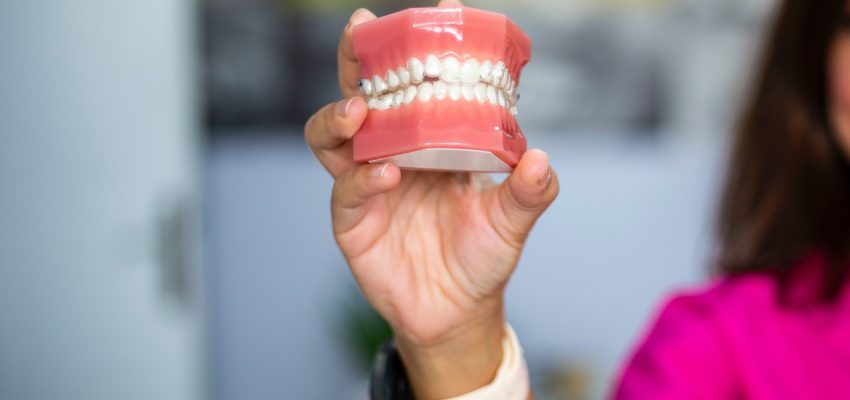Dentures might not accurately replace natural teeth, though they offer a viable solution for tooth loss. Unlike the ones your grandmother wore, today’s dentures are more comfortable, easy-to-use and natural-looking.
Irrespective of how comfortable dentures are, it always takes time to get used to new dentures. There are chances that you might encounter some issues before you get accustomed to them. Fortunately, dealing with these denture issues is not difficult – all you must know is how to take proper care.
Here, we’ve listed down some of the common denture problems to watch out for and how to encounter them:
Discomfort and Soreness
Sore gums and discomfort are normal during the early days when you get a denture. Soreness is often caused when the new dentures rub into the gums, resulting in irritation and pain. This condition persists for the first few hours or days after getting new dentures. As your gums and mouth get accustomed to the new dentures, the initial soreness reduces gradually. However, if the pain persists or amplifies, you should immediately consult a dental professional at the earliest.
Treatment for Soreness and discomfort: If you feel extreme irritation or sore gums, rinse your mouth with saltwater. This will relieve the pain and help in bringing down the soreness. Additionally, you can try to massage your gums or ask for prescribed medication.
Hampered Speaking/Talking
When you get a new denture, it can often feel unusual in the mouth in the initial stage. This makes it difficult for most people to speak naturally as you are getting adjusted to them. If you experience this issue, you need to familiarise your tongue and muscles in the mouth with the new dentures.
How to Treat This Issue? – The best solution for this issue is practice. You can overcome difficulties in speaking with a new denture by speaking regularly and familiarising the muscles.
Falling or Slipping Dentures
Irrespective of how well-designed the new dentures are, the mouth and gums need some time to adjust with them. Unlike the teeth that are anchored to your gums, dentures are kept in place by different muscles in the mouth. That is the reason why they often fall out or dislodge easily while you eat or talk during the first few weeks. During the initial period, your mouth, tongue and gums learn to coordinate and keep them in place.
How to Deal with Slipping Dentures – This problem often goes away by itself as you get used to the dentures. However, if they still fall out after several weeks, you can use denture adhesives. Moreover, consulting dental professionals will help you find a long-lasting solution.
If you are looking for hassle-free and practical dentures, contact Aura Dentists. We are one of the top dental practitioners in Melbourne and offer the best solutions.



